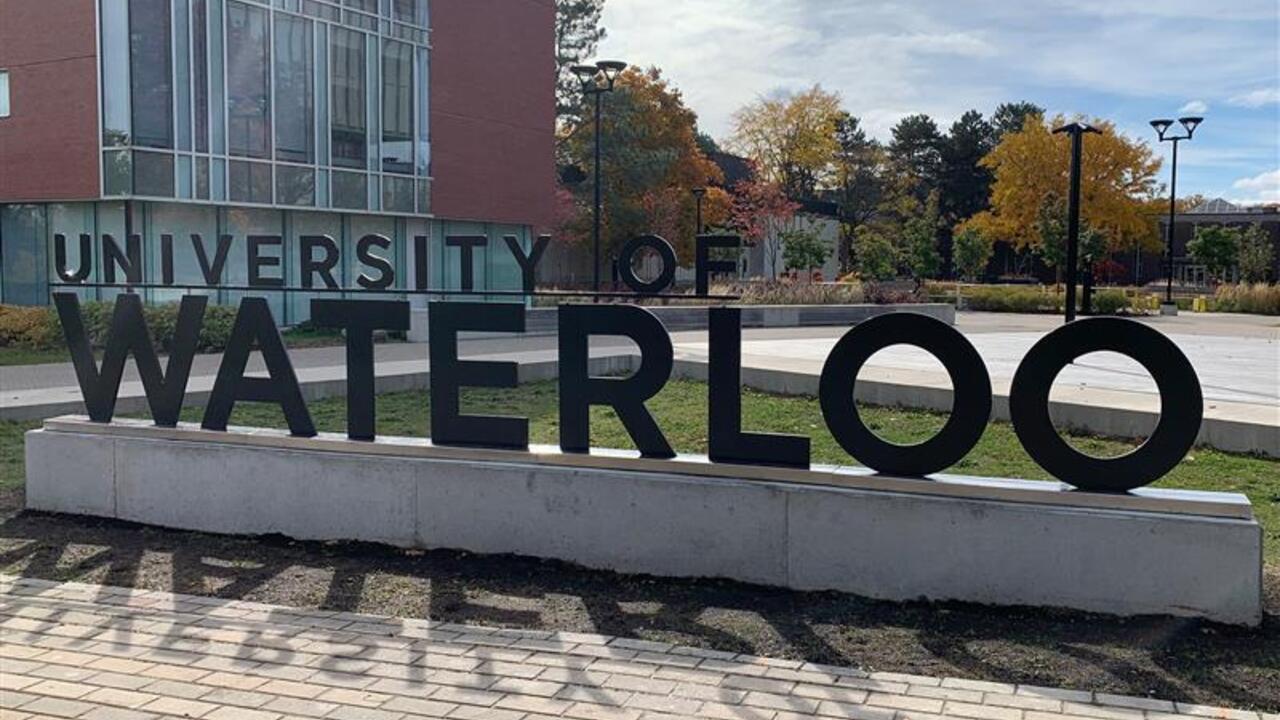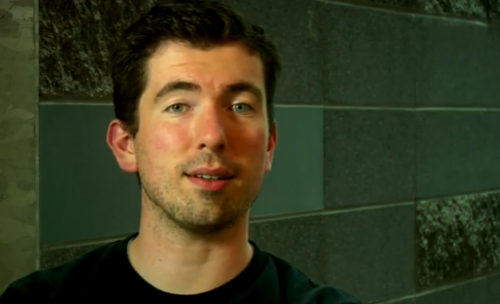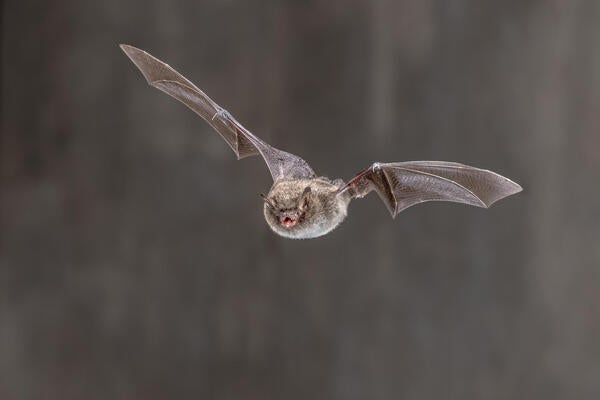
Waterloo grad shortlisted for one-way trip to Mars
A former University of Waterloo student is among seven Canadians shortlisted for the Mars One mission attempting to set up a human colony on Mars

A former University of Waterloo student is among seven Canadians shortlisted for the Mars One mission attempting to set up a human colony on Mars
By Media Relations

Ben Criger
Ben Criger is one of 100 men and women selected today to move to the third round of training for the one-way trip to Mars. Mars One aims to create a colony on Mars by sending four men and women in the first mission and following with four people every two years.
“I think everybody should want to go,” says Criger, “To me, Mars exploration is the default, and not doing it is exceptional.”
An alumnus from the University of Waterloo’s Institute for Quantum Computing, Criger has a PhD in physics from Waterloo’s Department of Physics and Astronomy. He was selected from a pool of 660 candidates who participated in personal online interviews with Norbert Kraft, Chief Medical Officer of Mars One. Criger participated in his interview from Germany where he is currently doing a post-doctoral fellowship at RWTH Aachen University.
“I’m extremely proud of Ben,” said Raymond Laflamme, executive director of the Institute for Quantum Computing. “He’s a talented scientist and will be a great addition to the Mars One mission. This is an opportunity of a lifetime and all of us here in Waterloo will be watching and cheering him forward.”
The Mars 100 will now have the opportunity to experience what life will be like on Mars by training in a copy of the Mars Outpost on Earth. “Being one of the best individual candidates does not automatically make you the greatest team player, so I look forward to seeing how the candidates progress and work together in the upcoming challenges.” said Dr. Norbert Kraft in the Mars One press release.
"I hope this is going to give me the opportunity to learn little bits of different scientific and engineering disciplines,” said Criger, “which was one of the things I liked most about Waterloo."

Dr. Travis Craddock, professor and Canada Research Chair, says the team's findings change our basic knowledge of biology (University of Waterloo).
Read more
New study reveals quantum-level effects in biology with major implications for treatment of some brain diseases

ESO 137-001, a jellyfish galaxy like the one recently observed by astrophysicists at the University of Waterloo. (Credit: NASA, ESA)
Read more
New astronomical find is 8.5 billion years old and reshapes our understanding of early cosmic evolution

The photo shows a European bat species affected by White-nose Syndrome.
Read more
Study highlights the biological mechanisms behind a disease that has caused over 90 per cent declines in some bat species
The University of Waterloo acknowledges that much of our work takes place on the traditional territory of the Neutral, Anishinaabeg, and Haudenosaunee peoples. Our main campus is situated on the Haldimand Tract, the land granted to the Six Nations that includes six miles on each side of the Grand River. Our active work toward reconciliation takes place across our campuses through research, learning, teaching, and community building, and is co-ordinated within the Office of Indigenous Relations.